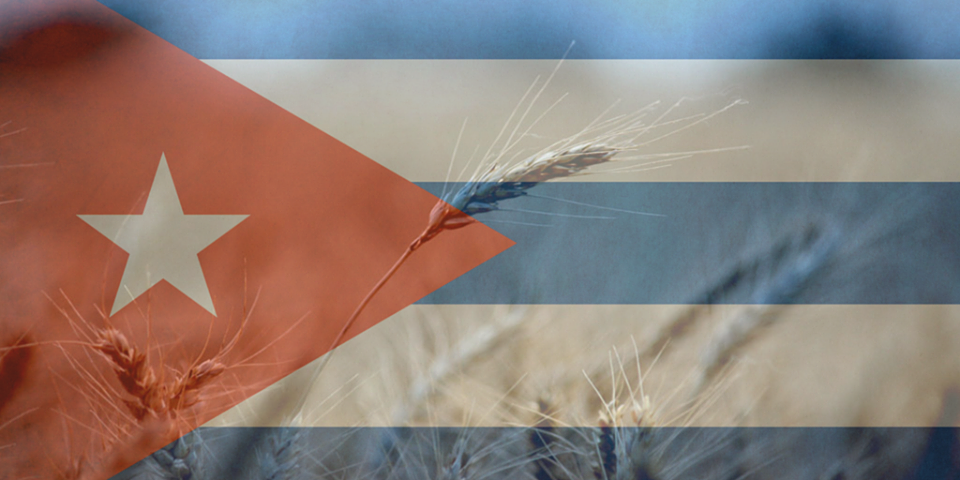Last week marked the annual release of the National Trade Estimate (NTE) to Congress by the Offices of the U.S. Trade Representative’s (USTR). The NTE report is a 474-page- list of trade barriers facing U.S. companies and producers. It documents a range of trade barriers, including Sanitary and Phytosanitary (SPS), technical and market access restrictions. USW submitted a host of concerns to USTR on October 28, 2015.
The report highlights a few major accomplishments from 2015, including completion of Trans-Pacific Partnership negotiations and the U.S. ratification of the Trade Facilitation Agreement — the first multilateral trade agreement in the WTO’s 20-year history. Beyond the successes of the past year, the report also lays out a roadmap of future work for USTR. Numerous wheat industry priorities made the listing, two of which are highlighted here.
A new addition to the 2016 report was China’s administration of their tariff-rate quota (TRQ) system, which Chinese millers and USW have repeatedly identified as a major hurdle in expanding the use of U.S. wheat in China. The report stated, “Market access promised through the tariff-rate quota system set up pursuant to China’s WTO accession agreement has yet to be fully realized.” Each year China completely uses the portion of the TRQ allocated directly to flour millers. However, the portion held by the state is not fully utilized and almost never reallocated as required by the WTO agreement.
China is not the only country where a TRQ keeps out potential wheat exports. Nearly two decades ago, Brazil committed to a 750,000 ton duty-free TRQ. The NTE report notes that Brazil never opened the TRQ, and therefore has imported no wheat under it. Without either ad hoc access, which Brazil opened in 2013 and 2014, or a functioning TRQ, Brazilian millers must pay a 10 percent tariff to purchase supplies anywhere outside of the Mercosur trade bloc. That leaves the United States, Canada and others at a significant price disadvantage.
These two barriers are just a preview of the issues listed by USTR. USW will continue to work with our partners to pursue resolutions to these barriers that hinder our customer’s ability to purchase U.S. wheat.
By Dalton Henry, USW Director of Policy



